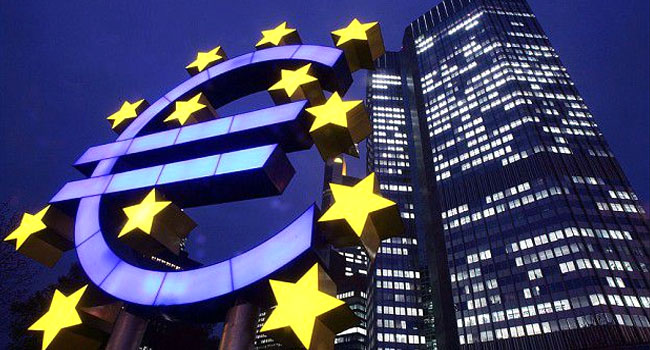The European Union Commission has unveiled a comprehensive plan to invest €150 billion in trade and transport infrastructure across West Africa, with a particular emphasis on the Lagos-Abidjan corridor. This initiative, part of the EU’s Global Gateway Initiative, aims to significantly enhance regional trade by improving critical transport links and eliminating barriers to smooth logistics.
The Team Lead of the EU Delegation to Nigeria and ECOWAS, Celine Lhoste, disclosed this ambitious investment plan on Monday during a tripartite meeting with the Nigerian Shippers’ Council and ECOWAS in Lagos. Lhoste emphasized that the project is designed to address key infrastructural challenges and bolster economic integration within the region.
“There is an investment package of €150bn for Africa, and West Africa is an important region where we are already investing significantly along the Lagos-Abidjan corridor,” Lhoste stated. She highlighted the strategic importance of Lagos ports to the overall efficiency of trade within the corridor, which is a critical artery for commerce between Nigeria and neighboring countries.
A major component of the investment focuses on eliminating approximately 80 extortion checkpoints between the Benin Republic Border and Lagos State. These checkpoints have long been a source of delays and increased costs for traders and transporters, hampering the seamless movement of goods across borders.
The EU’s commitment extends to supporting initiatives aimed at decongesting Lagos ports and enhancing the efficiency of inland dry ports. Lhoste underscored the EU’s dedication to facilitating coastal shipping between Cotonou and Lagos ports, a move expected to significantly boost trade between Nigeria and Benin by providing a more streamlined and efficient shipping route.
This investment is anticipated to have a transformative impact on the Lagos-Abidjan corridor, which serves as a pivotal trade route in West Africa. By improving transport infrastructure and reducing bureaucratic hurdles, the EU aims to foster greater economic integration and promote sustainable development in the region.
The Global Gateway Initiative, which underpins this investment, is the EU’s strategy to connect Europe with the world by building sustainable links that tackle global challenges. It focuses on digital, energy, and transport infrastructure, as well as strengthening health, education, and research systems globally.
The €150 billion earmarked for Africa reflects the EU’s recognition of the continent’s strategic importance and its potential for growth. By investing in critical infrastructure, the EU aims to support African economies in their efforts to diversify and integrate more deeply into the global economy.
The Nigerian Shippers’ Council and ECOWAS have welcomed this investment, seeing it as a crucial step towards modernizing the region’s transport infrastructure and enhancing trade efficiency. This collaboration between the EU, Nigeria, and West African states is expected to yield significant benefits for businesses and communities across the region.















